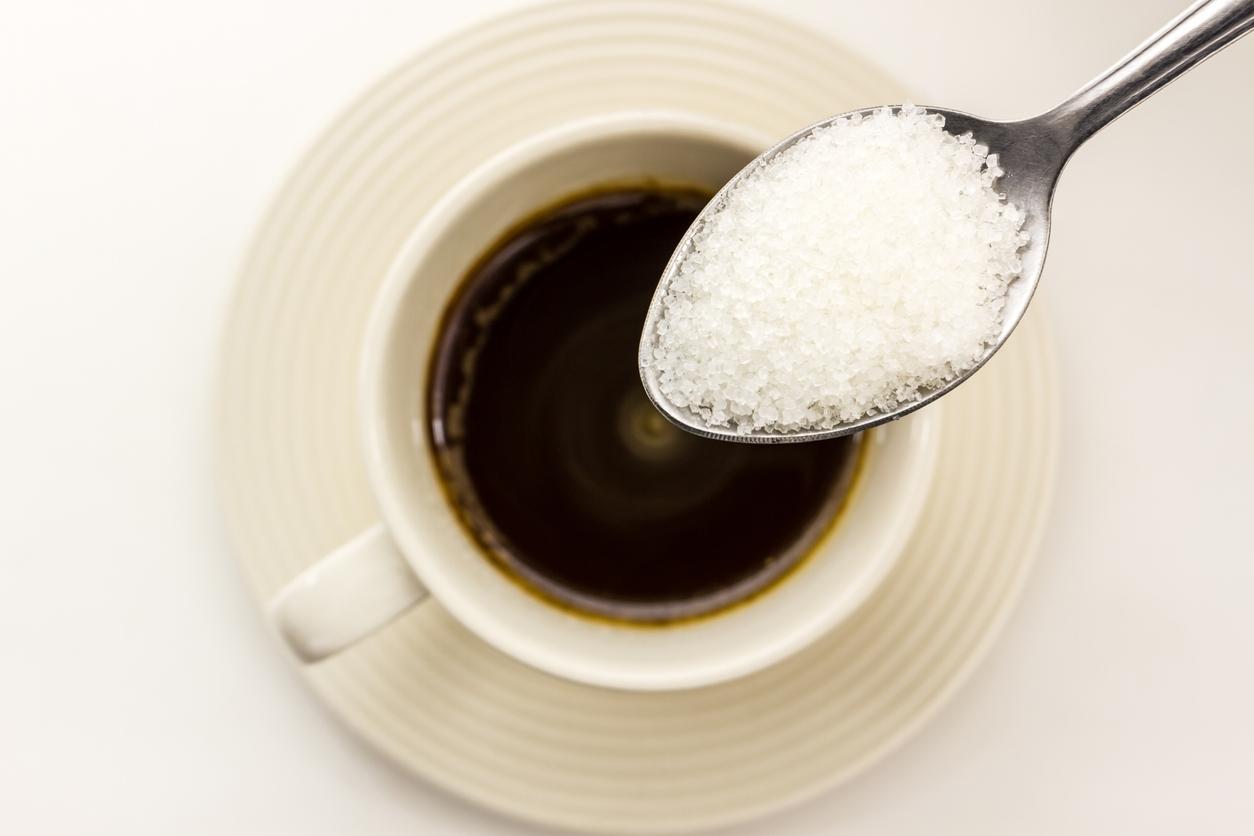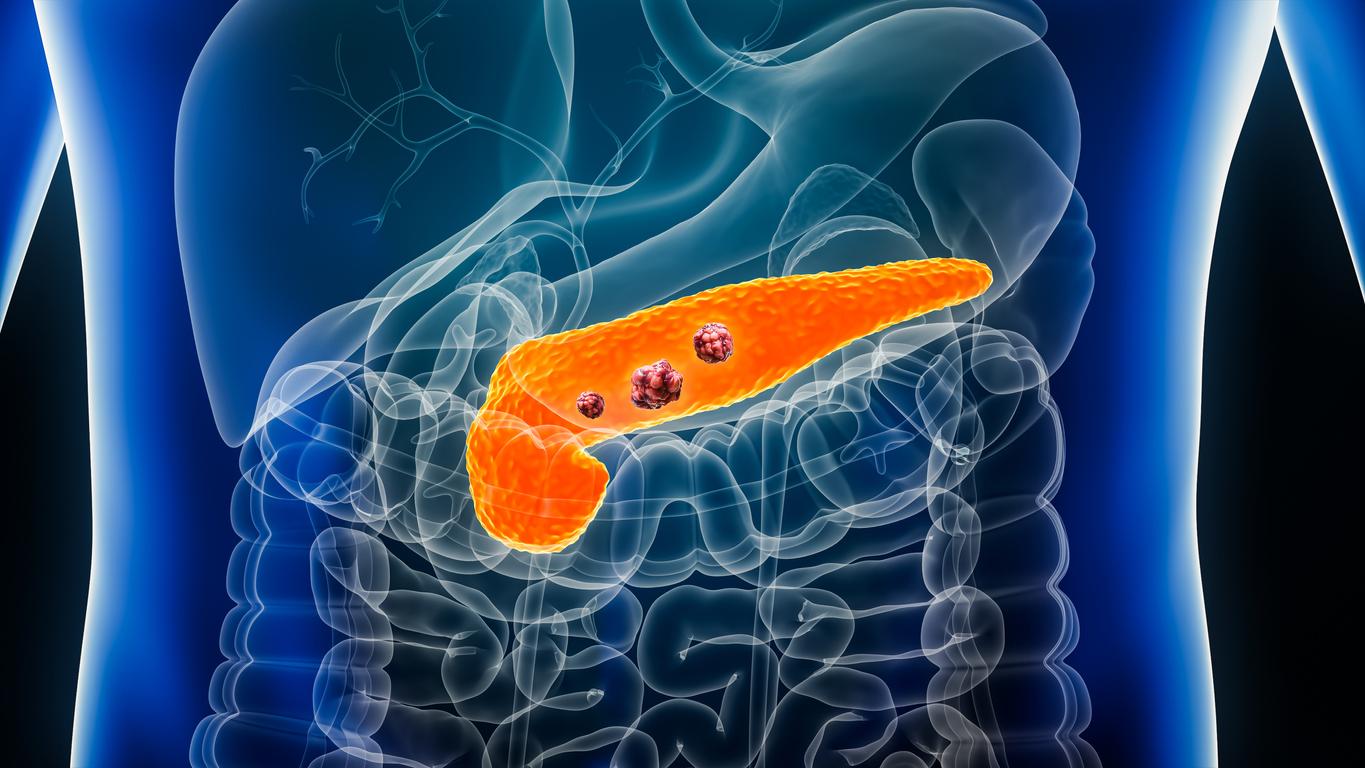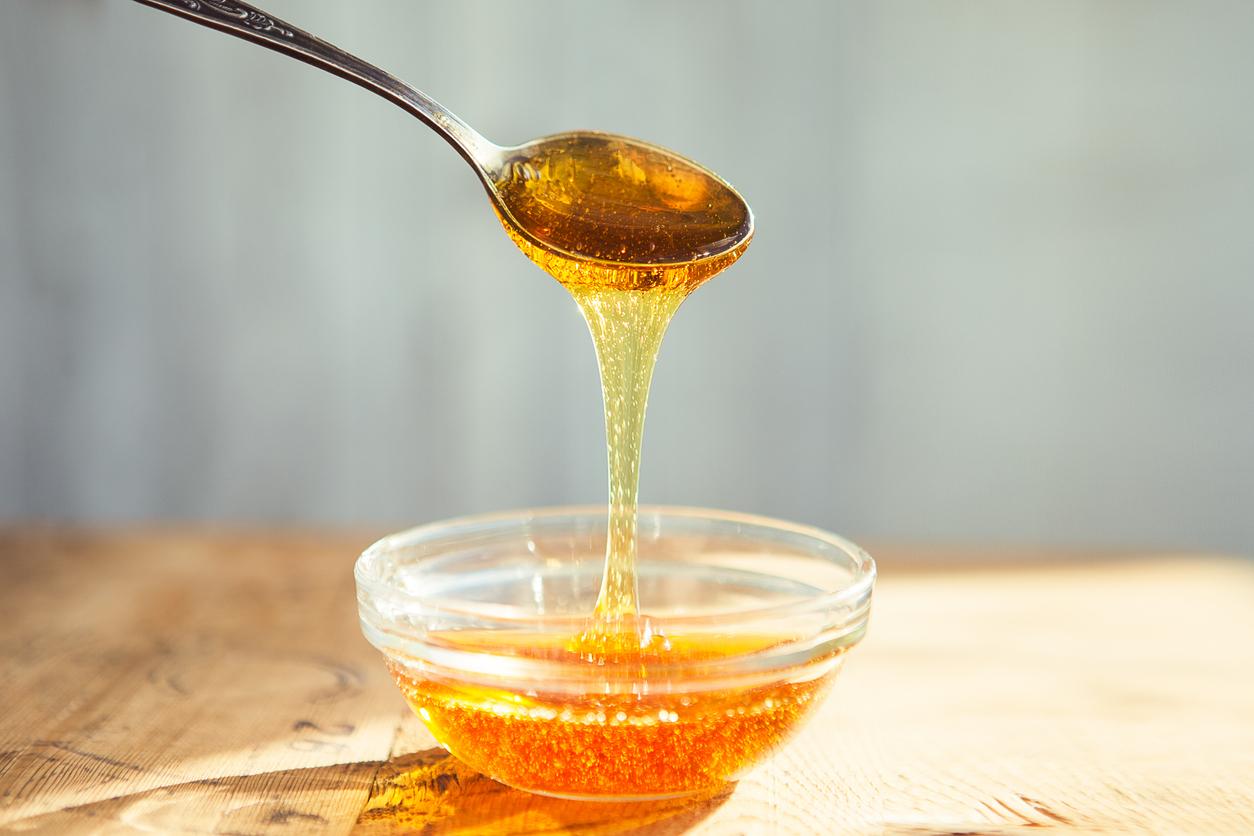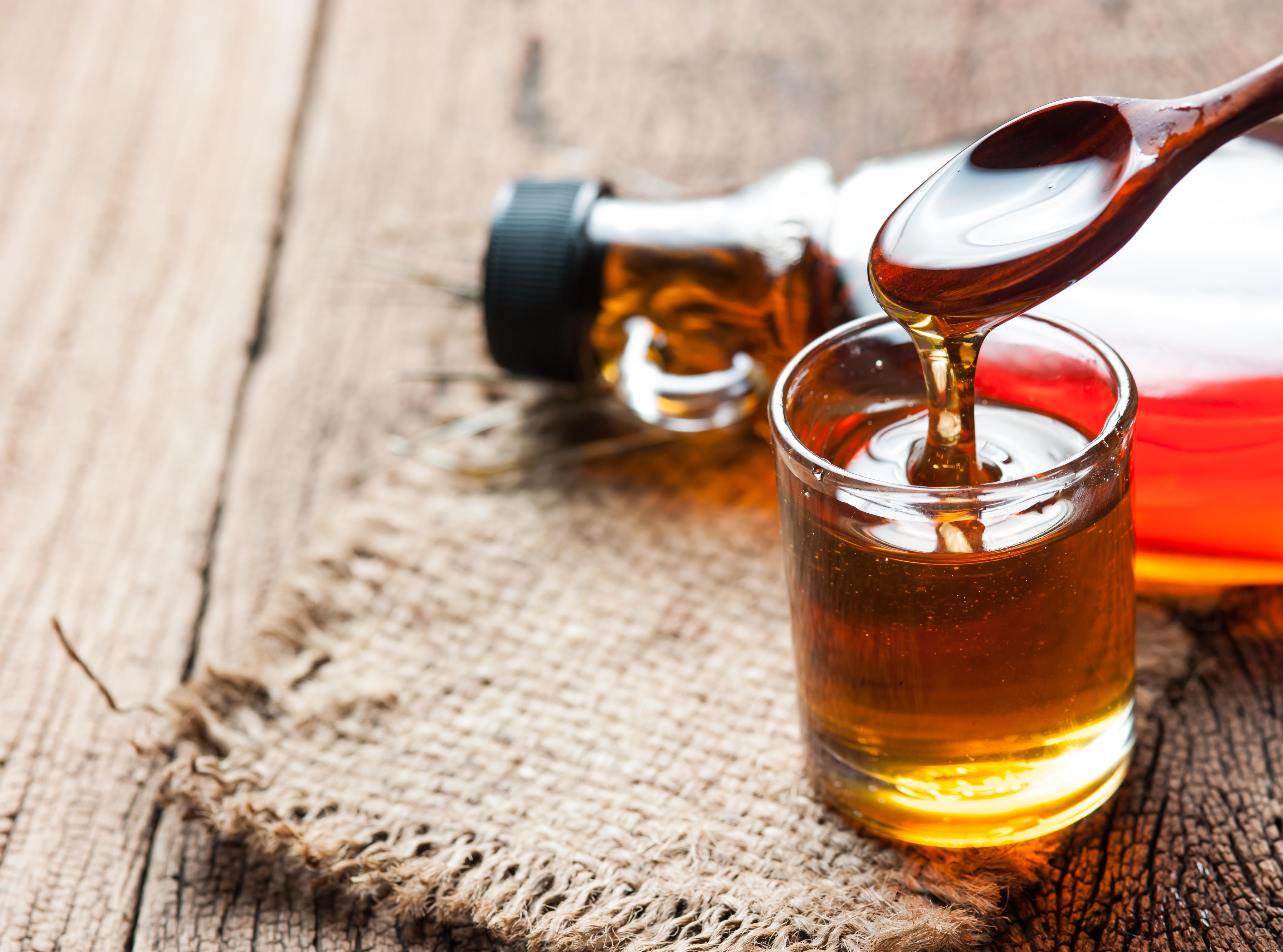Agave syrup or Honey? What are the alternatives to classic sugar? How to consume sugar without consequences on blood sugar and insulin production? Which choice would be wise: Stevia, honey, maple or agave syrup or honey? A quick overview to help you free yourself from the sweet sensation.
Among the sweetening products, there are a multitude of references in supermarkets. Moreover, faced with the colossal choice offered to us by manufacturers, it is very often difficult to navigate and we often hear: agave syrup or honey?
To help you choose quality sweeteners, remember these two criteria :
- The product must be 100% natural,
- It must also have a low impact on blood sugar (to limit hyperglycemia, the storage of fat and reactive hypoglycemia).
Agave syrup or honey?
So here are the alternatives to sugar classic. We recommend that you avoid the latter because of the lack of nutritional value and its very high GI (70).
Rather prefer:
- The stevia (Zero GI): however, check that the stevia is not coupled with a sweetener (aspartame for example)
- the yacon syrup (IG = 1)
- the xylitol = birch sugar (GI = 7)
- the agave syrup (GI = 15)
Beware of fructose which is unfortunately of poor quality now because it comes from corn and not sugar cane or beet.
You can also choose honey, but be sure to choose quality honey: opt for artisanal honey. Then ? Agave syrup or honey?
Regarding the coconut sugar, there is controversy around its effects on the increase in blood sugar. While waiting for new studies, the best is to have a punctual and reasonable consumption.
the cane sugar and the rapadura have a high GI and boost blood sugar almost as much as white sugar!
Be that as it may, reserve this type of product for a occasional consumption : do not exceed one tablespoon a day and let your taste buds get used to the taste of sugar when you eat dairy products or enjoy your favorite hot drink!
Stevia: as old as the world?
Stevia is a plant native to Paraguay and Brazil where it has been used since more than 2000 years as a sweetener and in medicinal beverages.
It is now cultivated in many countries such as the United States, Japan and Russia. This plant belongs to the Asteraceae (or Compositae) family like dandelions, daisies, chrysanthemums and chicory.
Read also:
10 real alternatives to sugar
20 low-GI vegetables to eat
The 10 main principles of the Montignac method
It is estimated that more than 200 species are classified under the name “stevia” but only plants of Stevia Eupatoria and Stevia Rebaudiana are renowned for their sweetening power 300 times greater than that of sucrose (White sugar).
The stevia is therefore a natural sweetener, unlike “traditional” sweeteners, such as aspartame, saccharin or cyclamate which are purely chemical sweeteners, developed by manufacturers. In addition to having a Zero glycemic index, unlike synthetic sweeteners, it seems that stevia does not no effect on blood sugar.
Stevia and the Montignac method
As part of the Montignac method, so it’s a ideal product : you can use it to sweeten your dairy products, your hot drinks (coffee, tea and herbal tea), your fruit salads but also to make your desserts because stevia supports the cooking up to 200ºC. You can therefore use it to make clafoutis, pies and cakes for example. Be careful, however: very small quantities are sufficient!
Finally, here is a surprising little anecdote: at Japan, where the chemical sweeteners are prohibited because of their possible negative effects on health, stevia has been authorized since the 1970s. This natural food sweetener is used in the composition of many products, from soy sauce to soft drinks, including chewing gum, tortillas and cakes and dairy products. So much so that we estimate that today the Japanese consume as much stevia as they do sugar!
You will therefore have understood it, to the question ” Agave syrup or honey ? »We can answer neither one nor the other, we prefer Stevia which is a real natural sweetener with very high sweetening power, whereas agave syrup or honey are sugars.
Managing your blood sugar also means managing your hunger and often the overweight problems that can result from it.




















